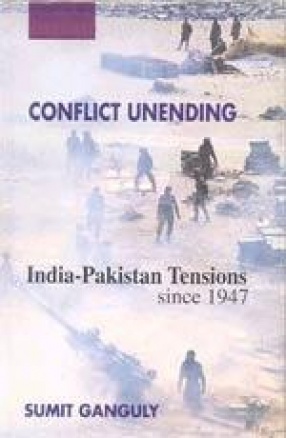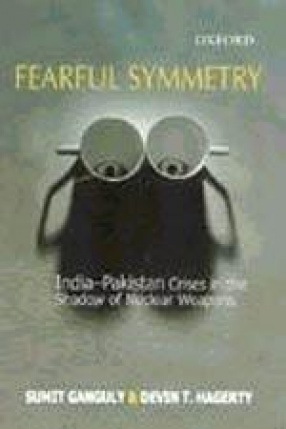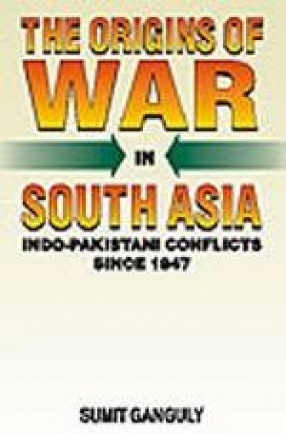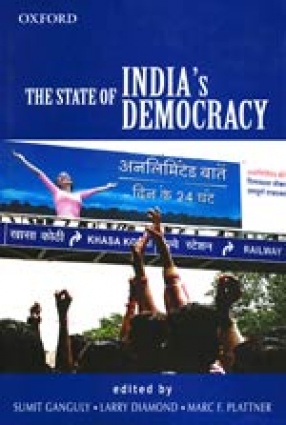Conflict Unending: India-Pakistan Tensions Since 1947
Synopsis
Ever since independence, India and Pakistan have been locked in seemingly unending conflict. This book investigates this mutual hostility, offering a detailed account of the four wars and several crises that have punctuated Indo-Pakistani relations. In a timely epilogue, the author assesses the repercussions of the September 11, 2001, terrorist attacks on the political balance of the region. The author explains how memories of partition, divergent conceptions of nationhood and territorial claims on Kashmir have repeatedly propelled the two states toward conflict. The Indian Government, which has faced a number of secessionist movements across the country, has been singularly unwilling to make any territorial concessions in Kashmir. For the Pakistani leadership, to give up its claims on Kashmir would amount to political hara-kiri. This book shines a powerful light on this central dispute and its likely consequences for both sides. Ganguly also presents a set of factors that he calls opportunistic precipitants to the Indo-Pakistani wars. False optimism on the part of the Pakistani military leadership, he contends, prevented a rational calculation of the costs and benefits of warring with India. In addition, windows of opportunity gave both sides incentives to resort to war at particular moments in history. The author also examines the changes wrought by the open demonstration of nuclear weapons by both countries in 1998. He illustrates the changed dynamics of Indo-Pakistani relations with evidence from the 1999 Kargil war and more recent events. The only full-length study of Indo-Pakistani tensions, Conflict Unending will be a standard reference for political scientists, policy-makers, journalists, and anyone else interested in the past or the future of war and peace in South Asia.
Read more
19.00
17.1
$
20.00 $
Free delivery Wolrdwidе in 10-18 days
Ships in 2-4 days from New Delhi
Membership for 1 Year $35.00
Get it now and save 10%
Get it now and save 10%
BECOME A MEMBER











Bibliographic information
Tags